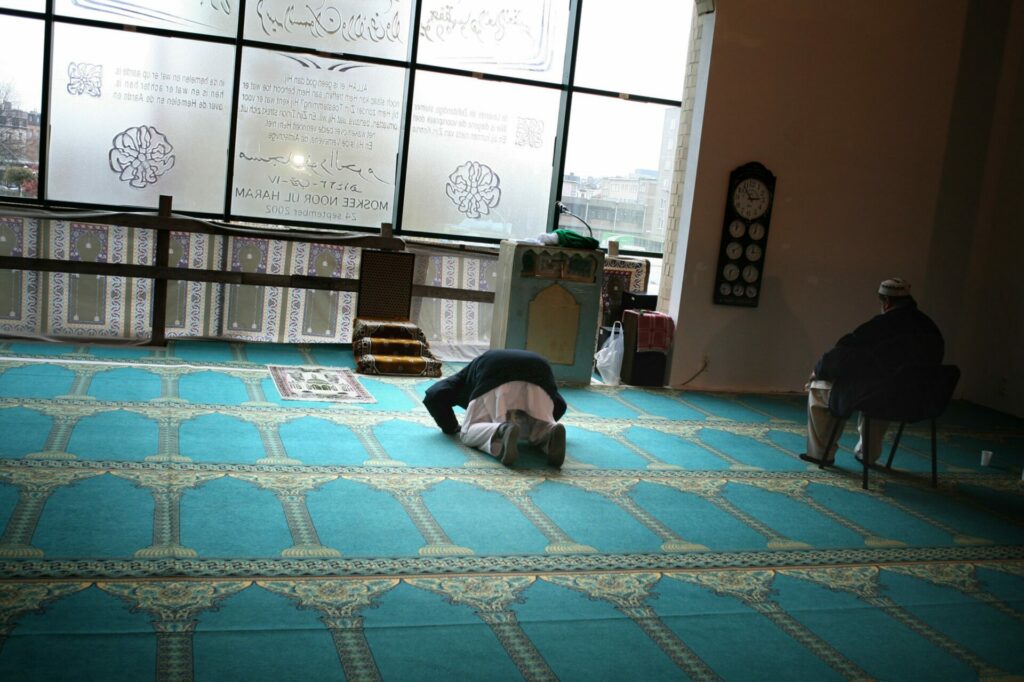A new representative body for Islam in Belgium has been created, with the Muslim Council of Belgium set to come into force this week to replace the scandal-hit Executive of the Muslims of Belgium (EMB).
Belgium’s Justice Minister Vincent Van Quickenborne revoked the EMB’s recognition as one of the state-subsidised religious bodies in 2022 over a lack of transparency, mismanagement and alleged foreign interference.
The EMB had been marred by these accusations since late 2020 when a report by State Security exposed the purported influence of Moroccan and Turkish states on the executive. Moreover, Van Quickenborne had ordered the dismissal of the EMB’s former president Salah Echallaoui in late 2020, after accusing him of being a paid spy for the Moroccan state.
While the firing was deemed to have been “unconstitutional” in a Brussels court ruling, the EMB would remain unsubsidised. To fill this gap, Van Quickenborne fast-tracked the creation of the Muslim Council of Belgium which would serve as the representative body for Islam in Belgium.
The council is led by a quartet of Belgian Muslims: the Islamologue Michaël Privot, Mimou Aquichouh, Esma Uçan, Mimou Aquichouh and Taha Zaki. The last three all work in the private sector all while being important members of the country’s Muslim civil society.
Related News
- Nineteen new cases against Belgium for non-compliance with ECHR rulings
- Buddhism becomes eighth recognised religion in Belgium
- New EU coordinator against anti-Muslim hatred will focus on countries with large minorities
However, the council’s creation has already garnered criticism with some even alleging that the Justice Minister had preemptively planned for the EMB to be replaced by his chosen council, according to La Libre.
Among the Muslim Council’s critics was the EMB themselves, stating on Sunday that it “constitutes an intolerable interference in the freedom of worship, as recognised by the Belgian Constitution.”
The executive explained that the Muslim Council had been set up “without any prior consultation” and is entirely composed of four representatives directly appointed by Van Quickenborne.
“They are in charge of managing the affairs of an entire religious community, without (Muslims) even having a say,” the EMB concluded.
The Diyanet, which represents Turkish Muslims and is in control of 70 Belgian mosques in this capacity, agreed and explained that "politicians have absolutely no right to impose a structure on the Muslim faith."
They stated their opposition to the council being set up under the auspices of the Justice Minister, deeming it to be "neither representative nor legitimate in the eyes of Muslims in our country."

